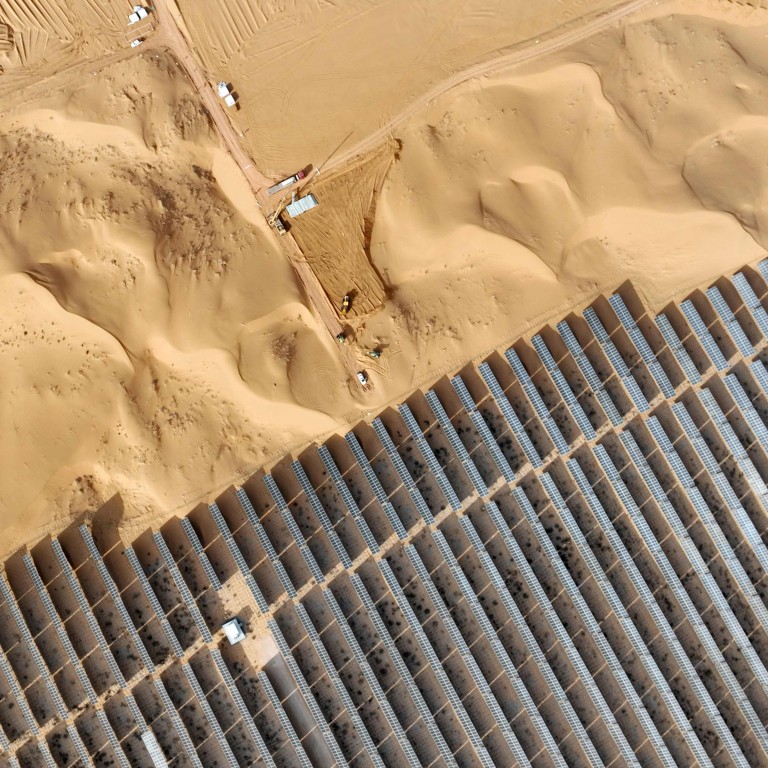
To stabilise China’s economy, Beijing corrects course on policy, from carbon cuts to common prosperity
- Statement from the centre of power in Communist Party reaffirms what officials have said in recent years - that some well-intentioned policy shifts were hastily made
- ‘The policy touch going forward will be deft and mild,’ economist predicts as leadership vows to tackle structural problems weighing on growth
Beijing has signalled that it is undertaking a course correction in policy - favouring a more cautious tack while trying to avoid further disruptions to businesses and the economy at large.
“Next year we must persist in seeking progress while maintaining stability, promoting stability through advancement, and establishing the new before abolishing the old,” said a statement following Friday’s Politburo meeting that sets the tone for its economic priorities in 2024.
It marked the first time that such comments appeared in a meeting readout from the centre of power within the Communist Party, but similar sentiment has been expressed in recent years by high-ranking officials, including in warnings about “jumping the gun” on issues such as the nation’s decarbonisation efforts.
China learned lessons from taking the green drive too far in previous years
Some analysts say the Politburo’s position signals that Beijing is favouring a step-by-step approach to developing the economy and tackling structural problems, with an eye on avoiding unintended side effects like those resulting from attempts to rein in property speculation and address high levels of local-government debt.
Such rushed campaigns, they note, have a history of roiling markets. And they say the Politburo’s embrace of more stable policies in 2024 could, in turn, help stabilise the expectations of people and businesses.
“China learned lessons from taking the green drive too far in previous years - seeing the supply of coal and other conventional energy sources being disrupted or even suppressed before we had secured new energy sources,” Xu Gao, chief economist with Bank of China International, said in a column on Monday.
China shovels coal on power-security fears, risks climate goals: Greenpeace
“Now, with the top leadership’s reaffirmation of ‘establishing the new before abolishing the old’, the hope is that ... policymakers will be more prudent in ridding or reforming existing growth models or sources or changing anything, so as to protect the fundamentals of the [nation’s economic] recovery and stabilise expectations,” Xu said.
Song Xuetao, chief macroeconomic analyst with Beijing-based TF Securities, said in a note last week that Beijing would aim to make policymaking and reforms more measured and stepwise, with sound planning.
“For instance, the establish-the-new-before-abolishing-the-old approach to Beijing’s common-prosperity drive would mean growing the economy and wealth pie bigger before deciding how to redistribute the wealth,” Song said. “In decarbonisation, this approach means China shall trial reliable new energy sources before phasing out coal and others.”
He expected that Beijing will not rush reforms nor try to compress the complex process of resolving property sector woes and local government debt in a short time frame.
“The policy touch going forward will be deft and mild,” Song said.
Zhu Jiangnan, coordinator of the contemporary China studies programme at the University of Hong Kong, said Beijing would be mindful in selecting policies to prop up the economy and in launching reforms or crackdowns in the future.
“The backdrop is that a fickle policy and regulatory environment usually tops the list of big gripes among private and foreign firms,” she said.

